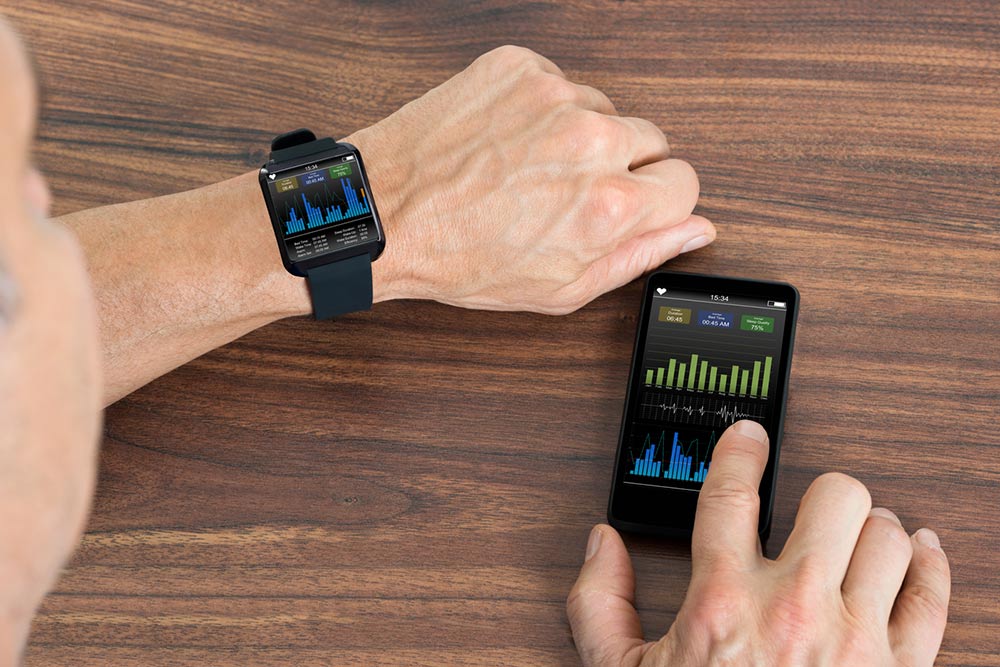
6 Health Benefits of a Fitness Tracker
Staying physically inactive can adversely affect one’s health. It can result in a general lack of productivity and weaken bodily functions over time. Some people, especially seniors, fail to gather the motivation to step out and work out. Moreover, setting goals, planning meals, and monitoring progress can be daunting for many. Fortunately, investing in a fitness tracker can help overcome these obstacles. Let’s explore some health benefits associated with a fitness tracker.
1. Motivates to exercise
Some people are strong-willed to hit the gym and work out every day, while others need that extra nudge or accountability to be disciplined and have a workout schedule. So, having a fitness tracker can be a motivational tool. One can strap it on the wrist, and it will keep pushing the user to complete the set activity goals. Studies suggest accountability and motivation are the top benefits of investing in a fitness tracker.
2. Tracks physical activity
Smartwatches and fitness trackers are the best way to monitor activity levels. They offer valuable insight into the distance covered, steps taken, calories burnt, and more. By keeping a tab on the activity, one is able to know and understand the body movement around the day. It can be beneficial if one has a desk job that requires long sitting hours. So, with the tracker, one can be constantly reminded to get up and move.
3. Monitors heart rate
Without a fitness tracker or a smartwatch, one will not have access to heart rate information. But having access to this data can help one in many ways. So, based on the insights from the fitness tracker, one can modify the activity levels. A few high-end watches can also detect irregular heartbeats and alert one in time. It can be beneficial in identifying health disorders like atrial fibrillation that can trigger severe health risks if not treated in time.
4. Tracks sleep quality
A fitness tracker can also benefit when searching for ways to improve sleep quality. While it does not replace a medical sleep study that enlists detailed sleep patterns, a fitness tracker employing sleep tracking sensors can monitor the heart rate variability to know whether one’s awake or asleep. Though these results may not be 100% accurate, they can still help identify sleep habits, and one can contact a healthcare expert if one notices any unusual patterns.
5. Safety for fall risk
As one gets older, one can experience issues with balancing. In this case, having a fitness tracker that can call for help can be crucial. Smart devices like the Samsung Galaxy Watch 5 or the Apple Watch can detect a fall. So, one will receive a notification for stability. If there’s no response from the user’s end, it will call for help from the emergency contact list or any designated emergency services around the location. It can be incredibly beneficial for those living alone and who hike.
6. Helps maintain a clean meal routine
Fitness trackers do more than track the daily activity and workouts. They log the water and food intake. Nutrition is paramount if one desires an active lifestyle. So, if one has set a goal, this feature can come in handy to count the calories and manage them.


